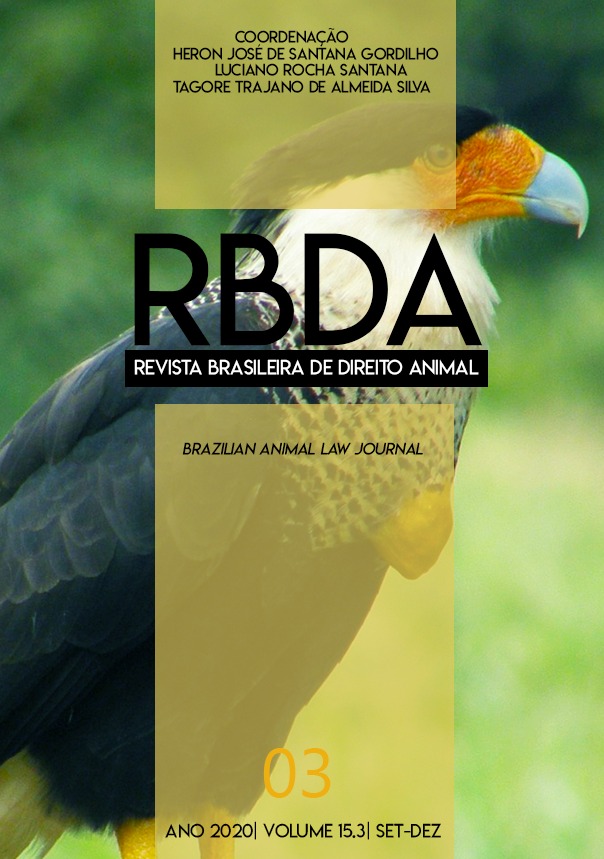THE REDUCED NORMATIVE PROGRAMMING OF ENVIRONMENTAL PROTECTION LAWS IN BRAZIL AND THEIR POORLY ORGANIZED METHODICALLY INTERPRETATION
DOI:
https://doi.org/10.9771/rbda.v15i3.38785Abstract
The article addresses an issue poorly discussed by the Brazilian Environmental Law, namely: its low legislation normative programming level. An analysis of legal texts about fields such as licensing shows that formal laws have only few rules that drive clear decisions about conflicts due to conflicting interests. Rules that open wide discretionary room for the interpretation/application of managerial and judicial bureaus often prevail. A documental, bibliographic and jurisprudential research will show that lack of minimum hermeneutical reasoning standard in doctrine and jurisprudence, whose content mostly depends on the individual convictions of public agents judging the claim, causes low decision predictability. The act of weighing the principles follows a rational argumentation line and impairs juridical safety. It would be useful and viable to revalorize classical elements of Law interpretation in combination with modern constitutional hermeneutical techniques in order to replace a complex “environmental hermeneutics”.Downloads
Downloads
Published
How to Cite
Issue
Section
License
1. Autores mantém os direitos autorais e concedem à revista o direito de primeira publicação, com o trabalho simultaneamente licenciado sob a Licença Creative Commons Atribuição 4.0 Internacional que permite o compartilhamentodo trabalho com reconhecimento da autoria e publicação inicial nesta revista.
2. Autores têm autorização para assumir contratos adicionais separadamente, para distribuição não-exclusiva da versão do trabalho publicada nesta revista (ex.: publicar em repositório institucional ou como capítulo de livro), com reconhecimento de autoria e publicação inicial nesta revista.
3. Autores têm permissão e são estimulados a publicar e distribuir seu trabalho online (ex.: em repositórios institucionais ou na sua página pessoal) a qualquer ponto antes ou durante o processo editorial, já que isso pode gerar alterações produtivas, bem como aumentar o impacto e a citação do trabalho publicado.












